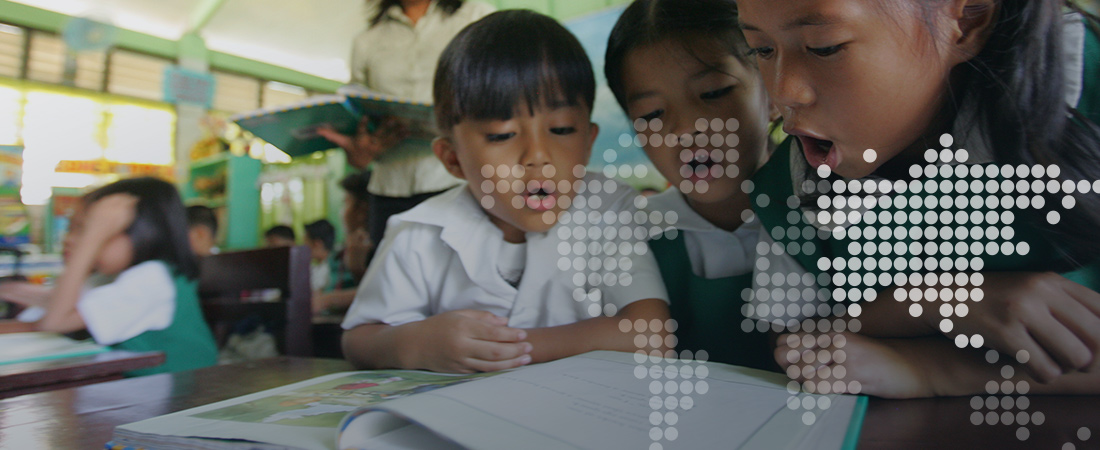
EDC's work to strengthen literacy instruction has improved outcomes for millions of students in the Philippines.
With one quarter of the population between the ages of 10 and 24, the demand in Southeast Asia for education and economic opportunity is greater than ever. EDC’s efforts in Indonesia, the Philippines, and the Lower Mekong to create meaningful opportunities for youth by aligning public, private, education, and industry partners have been successful, reaching hundreds of thousands of young people.
EDC is also improving elementary and basic education for younger children though high-quality literacy programs, teacher professional development, and policy implementation. And we are fighting drug abuse and HIV/AIDS through programs that help people develop the knowledge and behaviors they need to chart a long, healthy future.
Projects
Resources
In this action memo, we consider proposals for more effective donor investment in school health and nutrition.
This toolkit provides program designers with information on how to develop and implement effective early childhood interactive audio instruction (IAI) programs in a range of settings.
This report shares findings from EDC’s evaluation study of Cha-Ching Money Adventures.
Minority Education for Growth and Advancement–Skills for Youth (MEGA-SkY) was supported by the United States Agency for International Development (USAID), and implemented by EDC in collaboration with International Youth Foundation (IYF).
Drawing on its extensive work in fragile environments, EDC developed this set of case studies that chronicles best practices, lessons learned, and stories of success.
This 2-page results document highlights the successes of the Bangladesh Youth Employment Pilot, which prepares young men and women for work, particularly in Bangladesh's traditional prawn farming industry.
This report captures the accomplishments of USAID’s Mindanao Youth for Development (MYDev) Program, implemented by EDC.
This report examines four approaches to technical and vocational education and training (TVET) employed by USAID between 2007 and 2012.
This report details the activities of the Accelerating Work Achievement and Readiness for Employment (AWARE) Project, which took a new approach to improve workforce development in Indonesia and the
This guide provides an overview of IRI as a methodology, and discusses its feasibility and applicability in a range of contexts.
